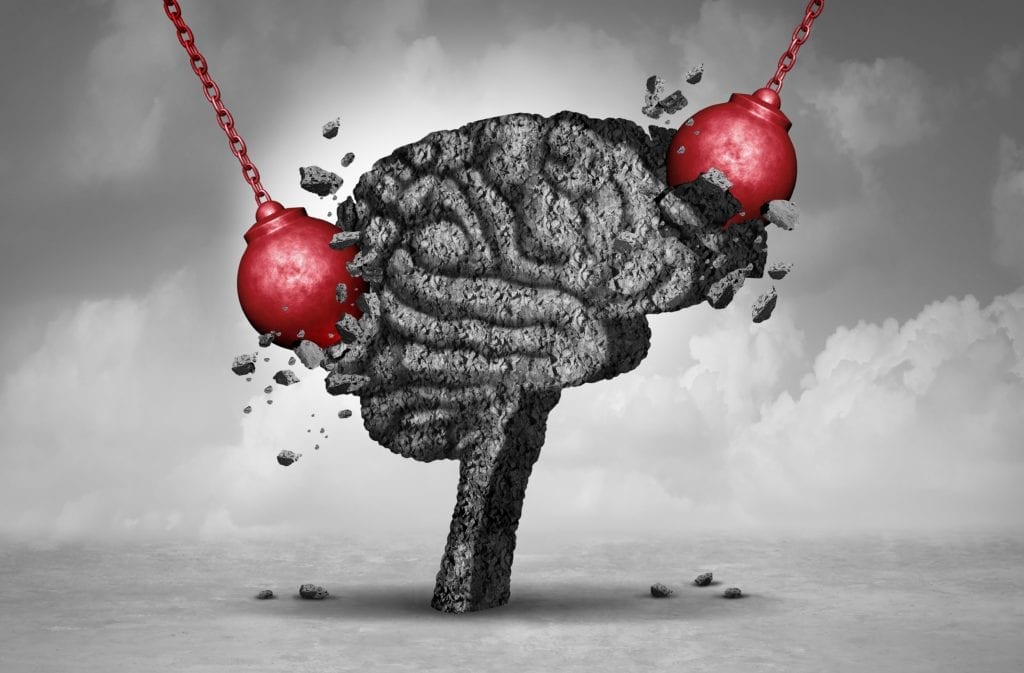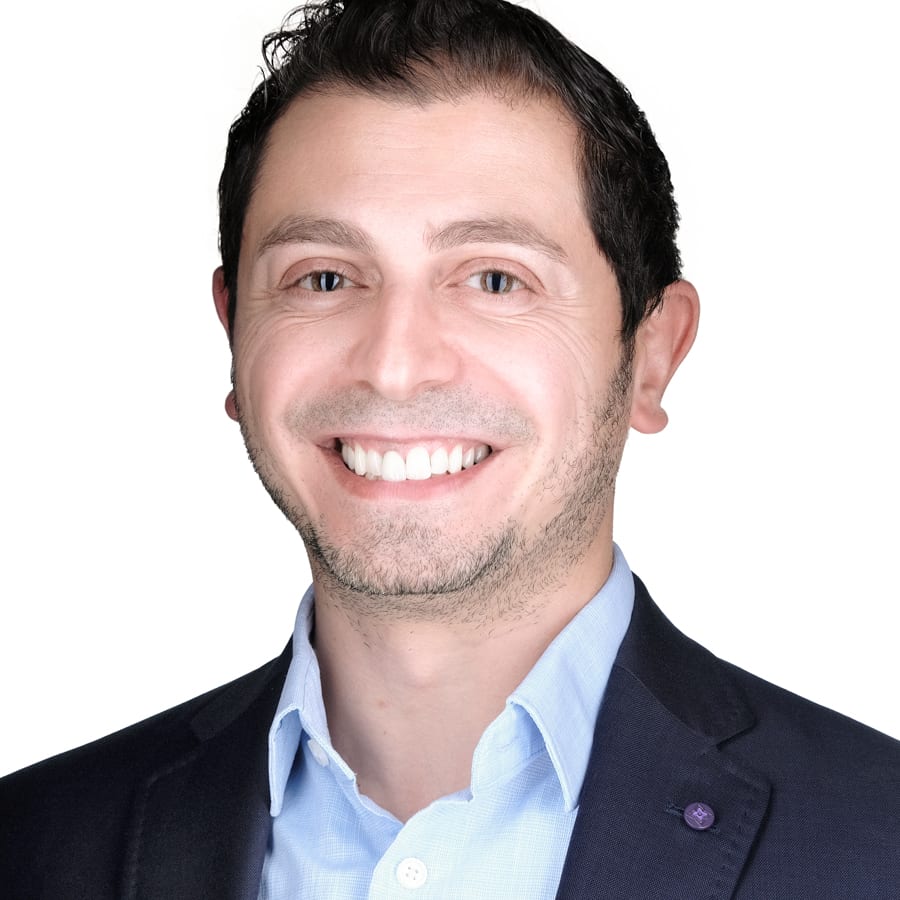After a concussion, it is extremely important to take the time to recover properly. This is because concussions are classified as traumatic brain injuries. They occur as a result of the brain hitting the inside of the skull due to a sudden, strong impact. Concussions can range from mild to severe, however even mild concussions require a recovery period.
On average, it takes approximately 7-10 days to recover from a concussion. However, this can vary from individual to individual and you may continue to experience concussion symptoms for longer than 7-10 days. Some concussions may take longer to heal and symptoms can last for 2-4 weeks. In some cases, post-concussion syndrome may also develop.
Post-concussion syndrome is the occurrence of lingering concussion symptoms for weeks or months after a concussion. Generally speaking, three or more of the following symptoms must be present to diagnose post-concussion syndrome:

- Headache
- Dizziness
- Vertigo
- Fatigue
- Sleeping problems
- Trouble concentrating
- Memory problems
- Restlessness
- Personality changes
- Depression
- Anxiety
- Sensitivity to light or sound
Here is what you should do while recovering from a concussion:
Days 1 & 2
During the first couple of days following a concussion, it is important to rest and take it easy. You should also avoid things like caffeine, screens (computer, laptop, tablet, phone), anything that requires mental focus, bright lights, loud sounds, physically demanding activities, and alcohol. It is advised to get 8-10 hours of sleep, stay hydrated, eat light, and have someone check on you periodically. If you need to take a mild pain reliever, it is recommended that you use acetaminophen and avoid ibuprofen or aspirin because they can cause bleeding.
Days 3 & 4
If you are still feeling the effects of the concussion, then it is recommended to continue to take it easy, limit screen time, and minimize the amount of mental focus. However, if you are starting to feel better, then you can gradually work on adding activities to your day. When you notice symptoms coming back, you may need to take a break or try something less demanding. At this point you will still need to avoid activities that could reinjure your head, even if you are feeling better.
1 Week
At the one week mark, you should be mostly feeling like your usual self. At this time, you can generally return to your normal routine, unless directed otherwise by your doctor. Most concussions are healed within a week. However, if you start to experience symptoms again or if you are still experiencing symptoms after 10 days, you should contact your doctor to determine the cause. You should also talk with your doctor about returning to sports or other activities that could cause another head injury. In some cases, you may need to wait about 2-4 weeks before resuming these activities to ensure you do not get a second head injury.

Dr. Kashouty, a diplomate of the American Board of Psychiatry and Neurology (ABPN), practices general neurology with fellowship trained specialization in clinical neurophysiology. Dr. Kashouty finds the form and function of the nerves and muscles the most interesting part of neurology, which is what led him to specialize in neurophysiology with more emphasis on neuromuscular conditions. He treats all neurological diseases, but his main focus is to treat and manage headaches, movement disorders and neuromuscular diseases.





